Do you often try to take a shower or bath while the kids play in the next room? Or do you dread going to bed because of the loud noise from the other room? If so, you might be experiencing noise pollution.
Noise pollution is the excessive and unwanted noise that we encounter in our everyday lives. It can come from a variety of sources, such as cars, trains, planes, construction sites, and even appliances. Fortunately, there are ways to reduce noise by soundproofing a bathroom. If you’re frequently disturbed by sounds coming from outside your bathroom, it might be time to consider soundproofing it.
This simple DIY project will help you reduce noise by up to 85%, making it easier for you to get a good night’s sleep. Plus, soundproofing your bathroom will also improve the overall aesthetics of your home. If you’re ready to reduce noise in your bathroom, follow these simple steps.
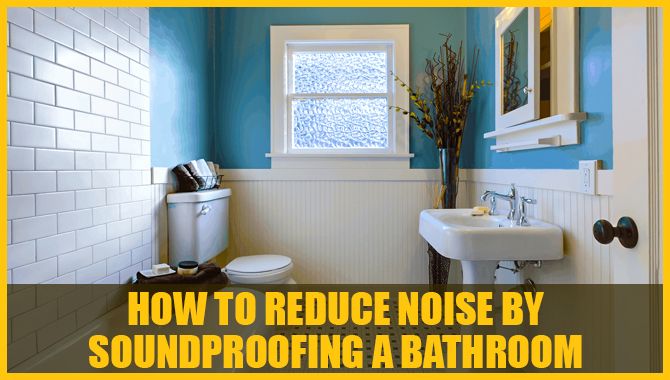
7 Effective Tips To Reduce Noise Levels In A Bathroom
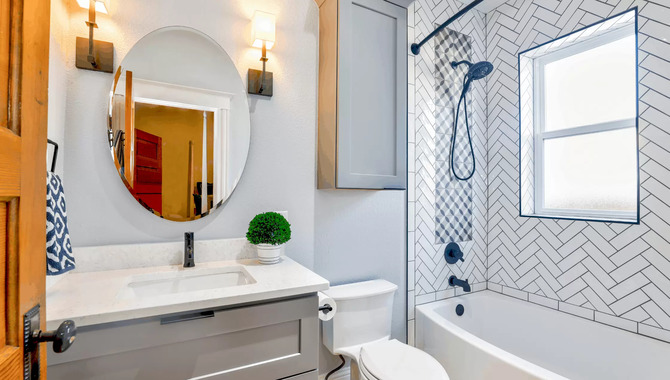
If you’re looking to reduce noise levels in your bathroom, you can do a few things. Here are seven of the most effective:
- Installing a soundproofing liner in your flooring will help to reduce noise levels by up to 50%.
- Adding insulation to the walls and ceilings will also help to reduce noise levels.
- Installing acoustic tiles or panels can also be effective in reducing noise levels.
- Installing dual-pane windows can also be a good solution for reducing noise levels, as they allow air and water vapor to escape but keep out sound and dust.
- Putting acoustical ceiling panels over toilets may also be an effective solution for reducing bathroom noise levels.
- Installing rubberized bathroom floors can also be a good way to absorb sound and minimize vibrations that could cause distractions or stress headaches.
- Finally, using fans or air conditioning units wisely can help reduce noise levels in any room with excessive noise.
Noise Reduction Tips For A Bathroom
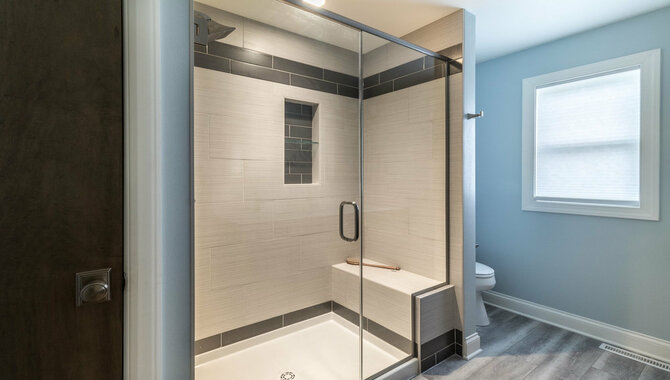
You can take a few simple steps to reduce noise in your bathroom. Seal the cracks and crevices around the door and windows with caulk or silicone. This will help to keep sound from leaking in, and it will also help to prevent moisture from entering the room.
Insulate the walls and ceiling using acoustic foam or fiberglass insulation. This will help to deaden sound and eliminate unwanted noise. Choose a soundproofing material that is effective at blocking both high-frequency and low-frequency sounds.
You can choose materials like vinyl, wood wool, or cellulose insulation. Install door seals that fit tightly against the doorjamb and flooring to keep sound from escaping into the room.
Solutions To Reduce Noise In Bathrooms
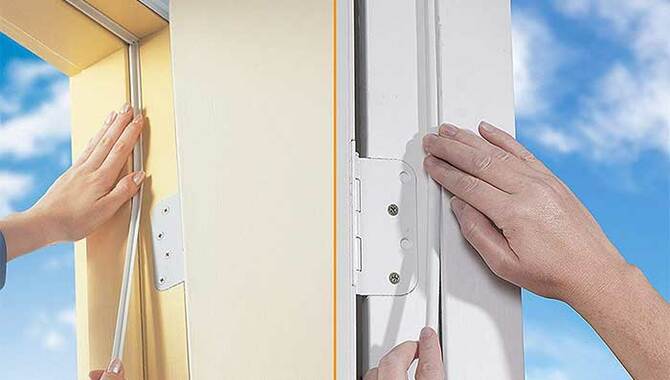
There are a few solutions that you can try to reduce the noise in your bathroom. One solution is to use soundproofing materials to block out external noise. This can be done by installing acoustic foam, vinyl wall tiles, or acoustical drywall.
Acoustic foam is the most effective at blocking noise, but it’s also the most expensive and time-consuming to install. Vinyl wall tiles and acoustical drywall are relatively cheap and easy to install, but they don’t provide as much sound insulation as acoustic foam.
Another solution is to purchase an air-conditioner that has a built-in soundproofing feature. This will help reduce the amount of noise from outside sources and keep your bathroom cool and comfortable during the hot summer months.
Finally, you can try using earplugs or headphones in the bathroom to reduce the noise. Earplugs are easy to carry with you anywhere. They work well for reducing both internal and external noises. Headphones are more expensive than earplugs, but they’re usually more effective at reducing external noises.
5 Easy Steps To Soundproof A Bathroom
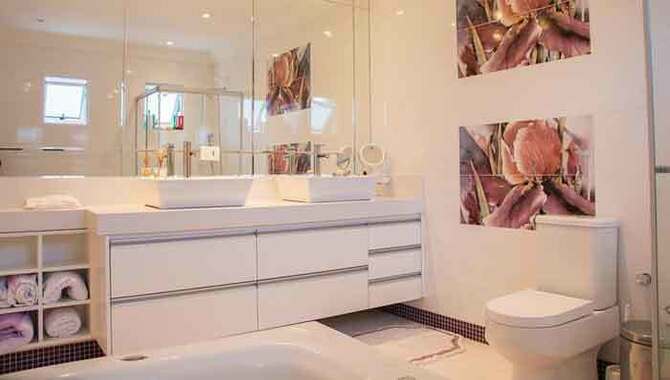
- Seal the windows and doors with soundproofing material.
- Install a fan or air Conditioner that is directed towards the bathroom area.
- Insulate the walls and ceilings with acoustic foam.
- Install a soundproof door or window sealant.
- Install an exhaust fan to help move the air out of the bathroom.
Noise And Its Effects On People
Noise pollution is a major problem on the planet and is especially bad for people’s health. Soundproofing a bathroom can help reduce noise levels, making it easier for people to relax and sleep.
There are various ways to soundproof a bathroom – from using acoustic panels to installing carpets – so find the solution that best suits your needs. Not only will this improve the quality of life of your bathroom users, but it can also save you money in the long run. Soundproofing a bathroom can help reduce noise levels by up to 50%, making it a viable solution for people of all ages and lifestyles.
Soundproofing Materials For Bathrooms
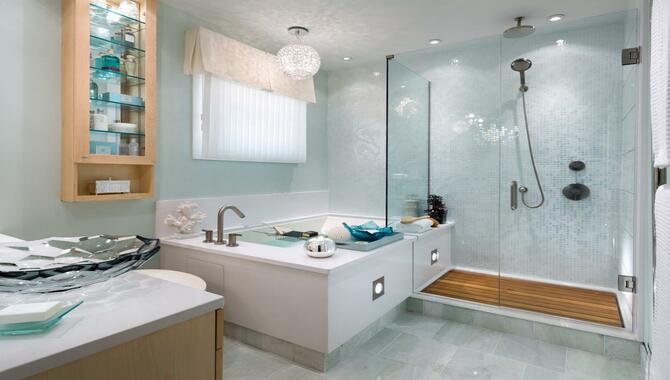
Bathroom noise is a common nuisance that can be easily solved with the help of soundproofing materials. Foam, tiles, and acoustic insulation are some of the most common bathroom soundproofing materials. To choose the best option for your needs, consult with an expert.
They will be able to recommend the best soundproofing material for your bathroom based on the dimensions and type of noise you’re trying to reduce. Once you have chosen the right soundproofing material, installation is easy and fast.
Serious Soundproofing For Peace And Privacy
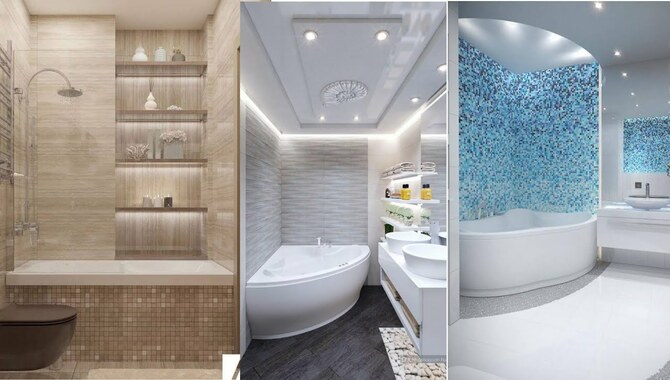
Bathrooms are often the source of noise pollution. Not only are they a place where you take a hot bath and wallow in self-pity, but they’re also the source of noise for the people who live in the same house. Soundproofing a bathroom can help reduce noise levels for you and your guests.
But before you start the soundproofing process, make sure to choose the right type of soundproofing material. There are three main types of soundproofing material: foam, soundproofing panels, and soundproofing insulation. Once you’ve decided on the best option, consult the installation instructions to make sure the process goes smoothly. And last but not least, enjoy your newfound peace and quiet.
Conclusion
It is time to say goodbye to the annoying noise problem in your bathroom! Soundproofing can help you solve it with ease. The process is quite simple. We need to know where our noise is coming from and how we can control it easily by following a few steps.
While soundproofing might take some time, its results are undeniable and worth the effort. By following the seven effective tips mentioned in the sub-headings, you’ll be able to reduce noise levels by up to 50%. Plus, the 5 easy steps will make the soundproofing process a breeze. Ready to soundproof your bathroom in no time.
Frequently Asked Questions
[rank_math_rich_snippet id=”s-9a4e4354-e521-438a-839a-086fcbe21e28″]

I am passionate about home engineering. I specialize in designing, installing, and maintaining heating, ventilation, and air conditioning systems. My goal is to help people stay comfortable in their homes all year long.




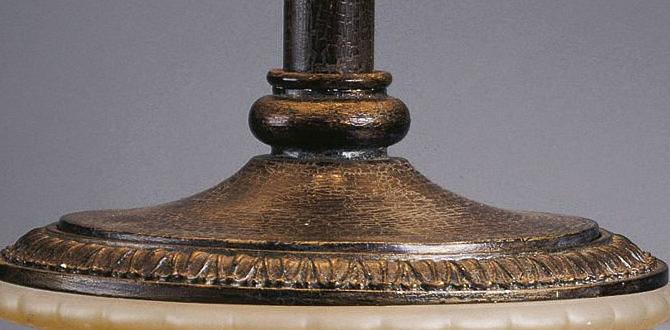
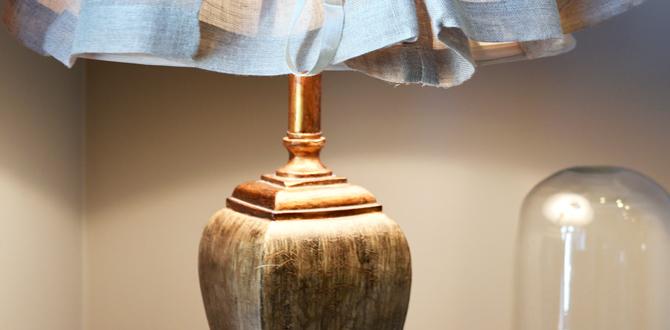



Thanks for sharing. I read many of your blog posts, cool, your blog is very good.